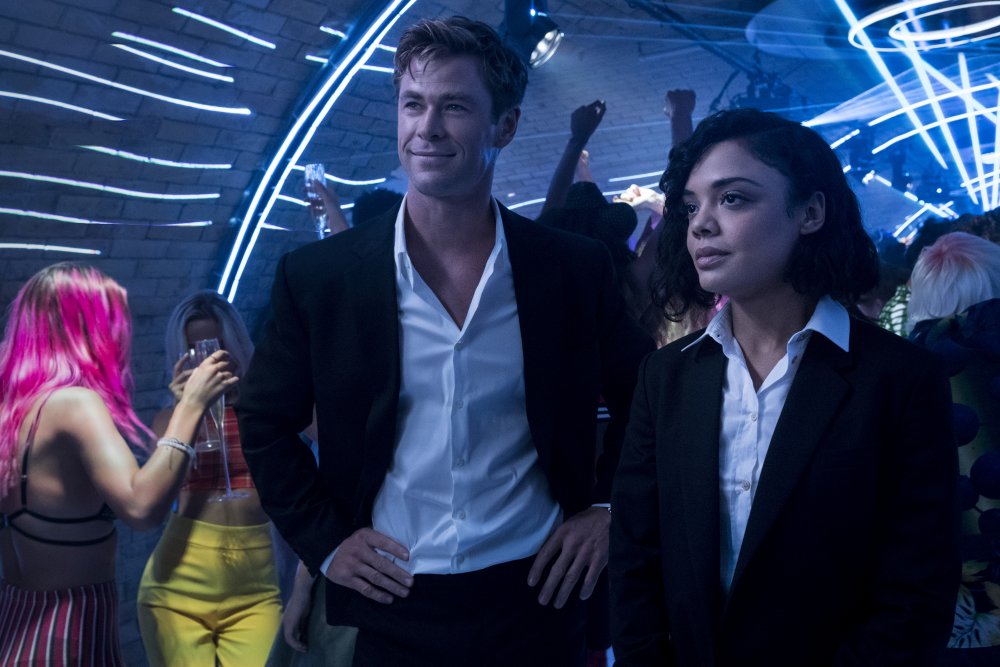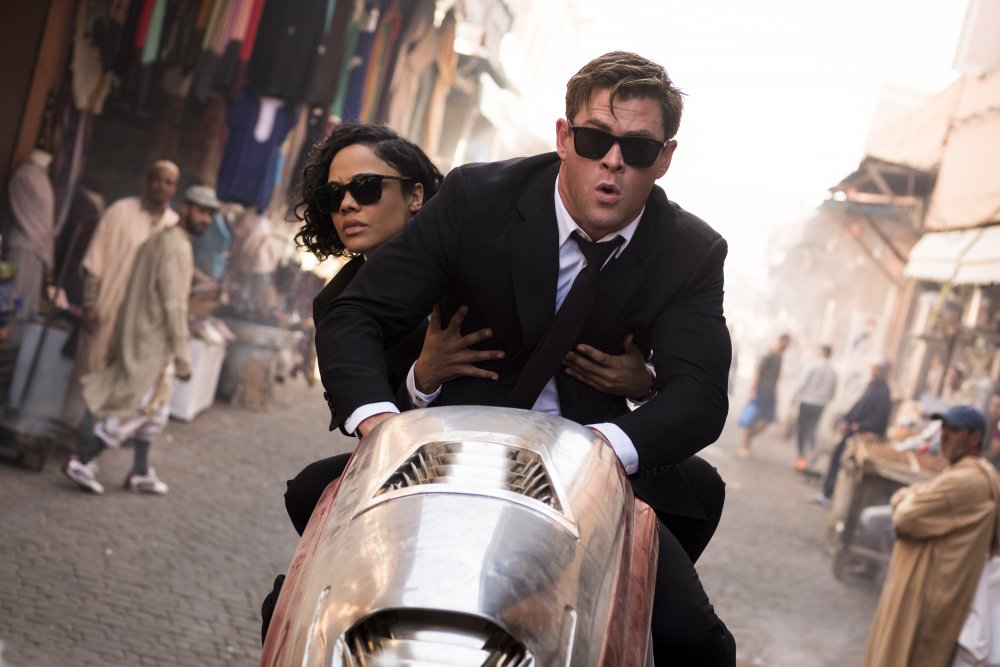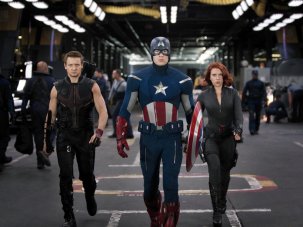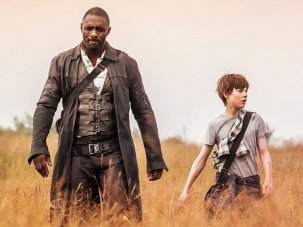Really, who can be bothered? By the time you’re reading this, it will already have been established that Men in Black: International is a ‘box-office disappointment’ in the US, that it has taken a critical drubbing and that it is considered an unsuccessful reboot of a familiar intellectual property. By the Tomatometer or whatever aggregator you prefer, the metrics have labelled Sony’s fourth instalment in a film series that began back in 1997, the first without stars Will Smith and Tommy Lee Jones, as a ‘bad’ blockbuster – as opposed to, say, a ‘good’ blockbuster, such as the recent, widely praised Avengers: Endgame. In point of fact, the qualitative differences between the two are so obscure as to barely bear mentioning; the most pertinent is that F. Gary Gray’s Men in Black movie is a good hour shorter than the Russo brothers’ all-star superhero revue, so you can be back out on to the street and getting on with your life a little sooner.
USA 2019
Certificate 12A 114mins approx
Director F. Gary Gray
Cast
Agent M Tessa Thompson
Agent H Chris Hemsworth
Pawny (voice) Kumail Nanjiani
Riza Rebecca Ferguson
Agent C Rafe Spall
Agent O Emma Thompson
[2.00:1]
UK release date 14 June 2019
Distributor Sony Pictures Releasing International
meninblackinternational.co.uk
► Trailer
If I thus far seem to be skirting my duties as a movie reviewer here, it’s because I have an increasingly compelling sense that these things are not movies: they’re content, they’re IP, they’re brand-management exercises. So I could rattle on about the passably charismatic and photogenic new Men in Black stars Chris Hemsworth, in comic himbo mode, and Tessa Thompson, but really the only interesting thing about the movie is the particular set of circumstances that have led to its existence, which go some way to explaining how the modern multiplex has found itself in such a sorry state.
This movie-like object is the by-product of the ongoing race-to-the-bottom in which every major studio attempts to imitate the unprecedented recent success of the Walt Disney Company by building Cinematic Universes instead of silly little old films – in this case it’s the floundering Sony, which in tricky circumstances a few years back cut a deal with Disney and Marvel Studios on its exclusive rights to the Spider-Man character, and which is now desperately trying to squeeze a few more dollars out of its shallow bench of potentially franchisable properties.

Men in Black: International (2019)
Men in Black: International signifies an industry-wide pivot away from mortal stars – like Smith and Jones – and towards undying franchises, in which the talent can be replaced as it ages out, while hopefully ticket buyers will continue to obey force of habit and pony up for the new Insert Name of Film Series, spurred by some faint memory of once experiencing pleasure or surprise at the cinema, like Romero zombies shuffling back to the old shopping mall.
At any rate, Men in Black: International has comic relief courtesy of a cute li’l critter voiced by Kumail Nanjiani, some boilerplate action set pieces that don’t merit mention, and some drone establishing shots of various major cities that are there, one supposes, to justify the ‘International’ in the title. It’s garbage, of course, the aesthetically undistinguished result of pure avarice and laziness, with nothing in it to command the attention of an adult with a functioning visual cortex. We ardent moviegoers should have every expectation of encountering many, many more of its kind in the future.
-
The Digital Edition and Archive quick link
Log in here to your digital edition and archive subscription, take a look at the packages on offer and buy a subscription.












